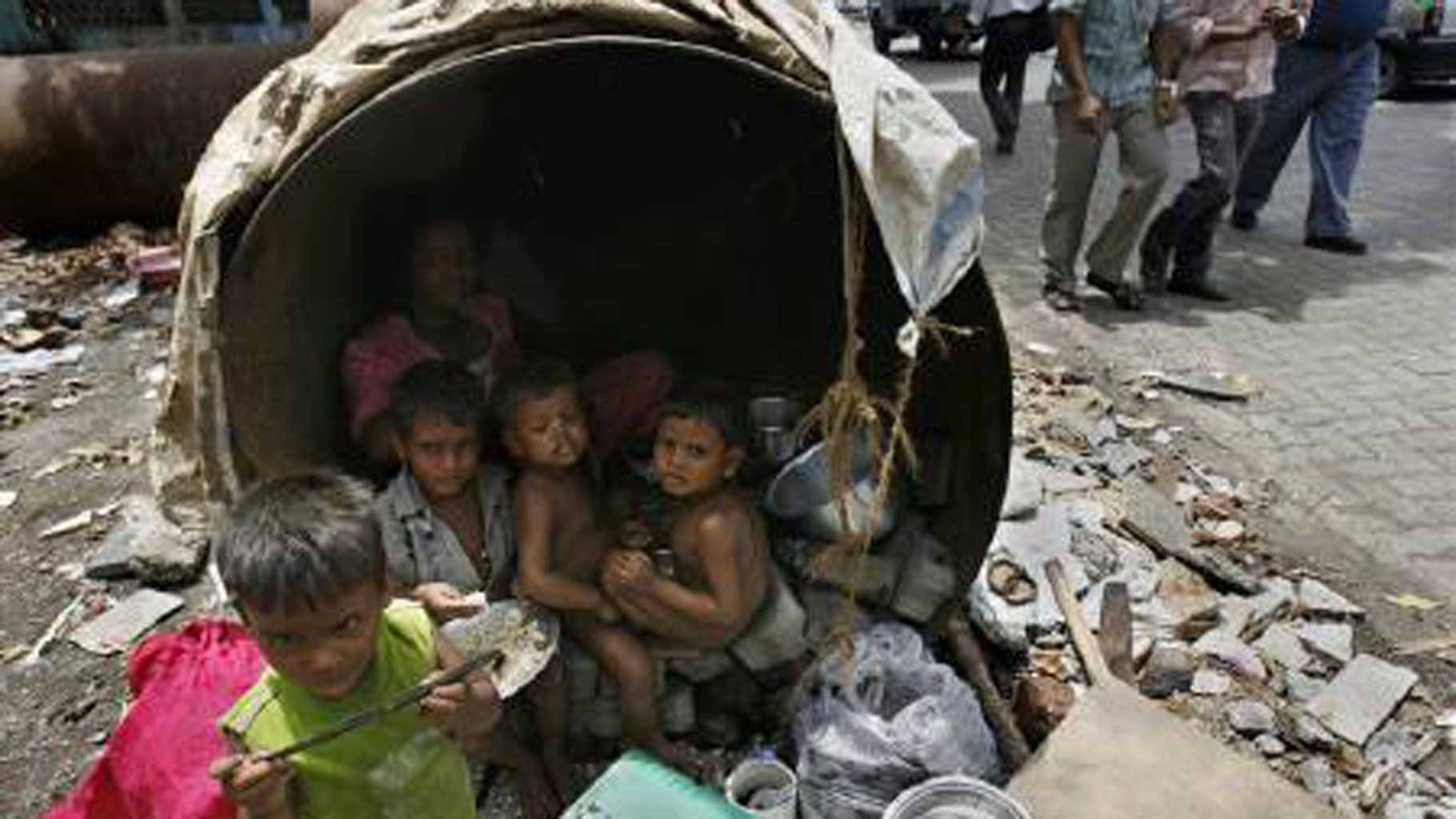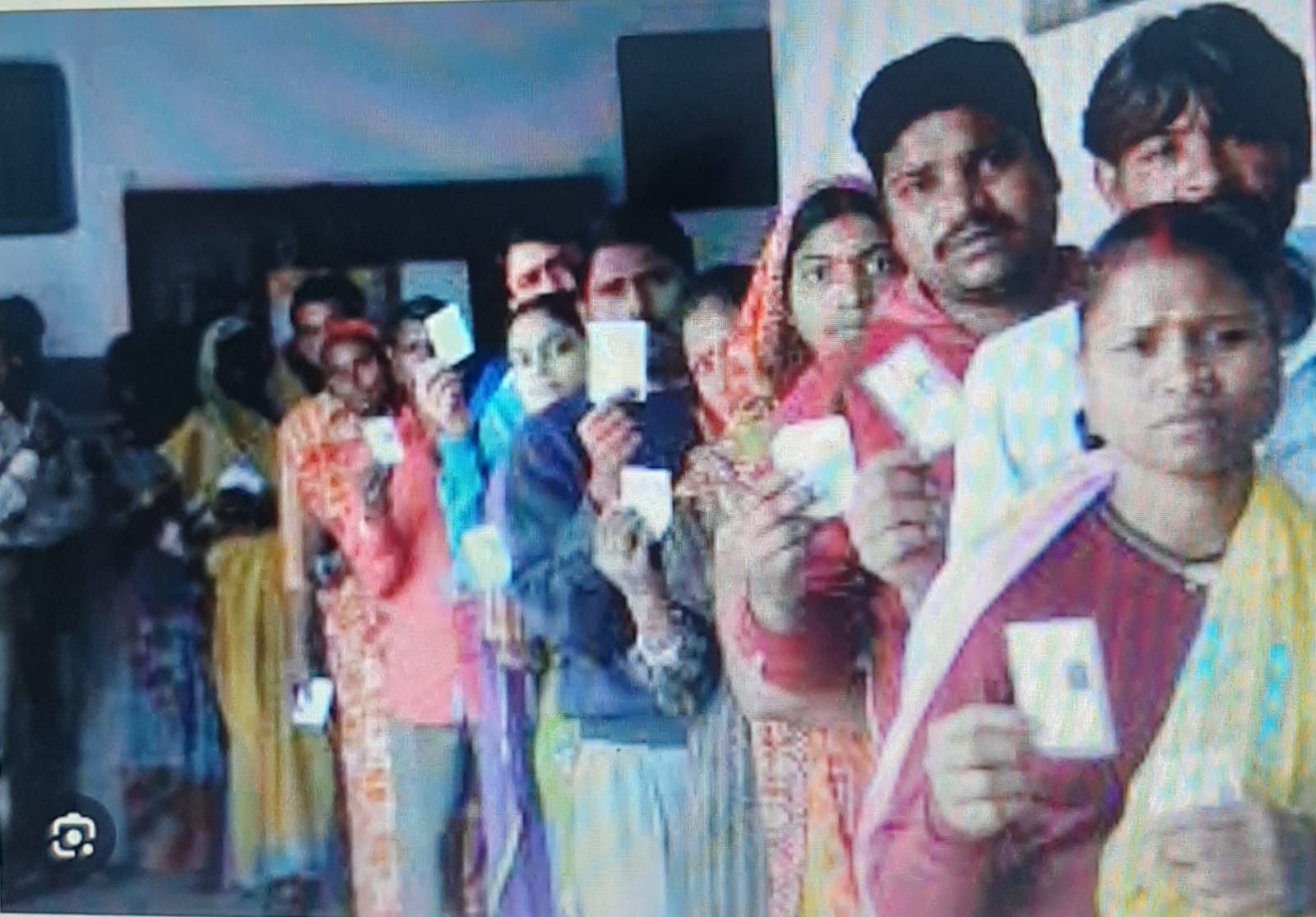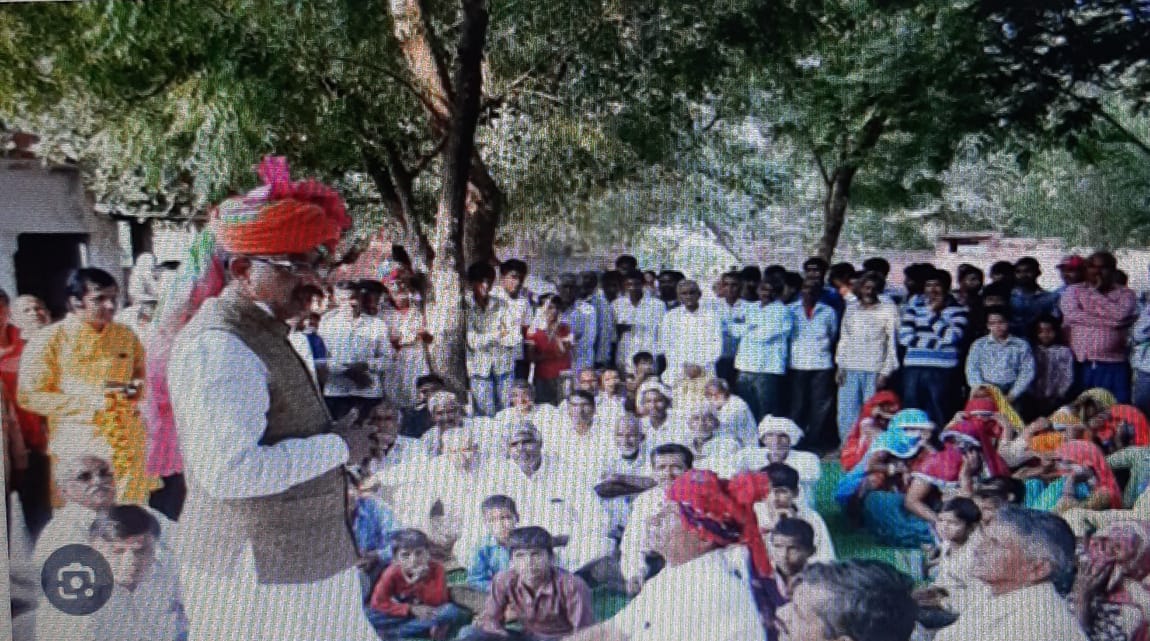
After lapse of several decades we are still chasing minimal targets and are still trying to fulfil the minimum needs of our population, writes former IAS officer V.S.Pandey
The Minimum needs programme has been the bane of our developmental strategy for several decades . Every government which took office continued looking at the minimum support that can be provided to our population, as developmental strategy. The results are before us . Despite nearly seventy five years of independence, our nation is still in the category of developing countries and our leaders have been celebrating this status during their speeches and addresses on the world stage -little realising that by doing so they are acknowledging the collective failure of all our leaders, past and present. The experience of self governance ,enabled by our constitutional framework, should have by now, given our ruling class some sense of the possibilities which were within our grasp for decades but could not be achieved due to short sighted policies and narrow self centred vision of our leadership . We need to probe this phenomenon further and understand the circumstances which checked our march towards attaining the developed country tag.
There is no clear definition of a “ developed country” neither is there any international body to categorise countries as developed or developing but various international bodies like World Bank, UNDP etc keep evaluating the pace of development of all the countries and keep ranking them on the basis of certain widely accepted parameters, thereby giving the categorization of the level of development amongst various countries.
In India, Minimum needs programmes were started in the year 1947-1948 to provide people the basic necessities. During the fifth Five Year Plan in the year 1974-78, this programme was given a boost with some defined targets and allocation of requisite financial allocations. The objective of the programme was to establish a network of basic services and facilities of social consumption in all the areas with nationally-accepted norms, within a specified time-frame. The programme was designed to assist in raising living standards and in reducing the regional disparities in development. The programme was essentially an investment in human resources. The basic needs of the people identified for this programme were Elementary Education, Adult Education, Rural Health, Rural Roads, Rural Electrification, Rural Housing, Environmental Improvement of Urban Slums and Nutrition. But unfortunately then also development targets were kept at a very basic levels and the financial allocations were also kept at basal level so as to achieve the very minimal levels of amenities in education, health care, habitation , water supply , electricity supply etc. The tragedy is that even after a lapse of forty five years since we launched the minimum needs programme , we are still chasing those minimal targets and are still trying to fulfil the minimum needs of our population. Even today our elementary education system is in shambles, we are yet to attain full adult literacy, all the rural households are yet to be electrified, health care system is struggling to cope up with the demands of our population ,the enormous rural population is without proper habitation facilities, portable drinking water is still a distant dream etc. The result is that we are still no where near the ideal in any field.
The issue is whether governments, past and present , could have done better than what they have achieved. The answer is certainly yes. Many countries who became independent after the Second World War have done much better, in every aspect of development, as compared to us. Even those countries who were devastated due to wars and had suffered almost total destruction, soon gathered themselves, worked hard adopted pragmatic policies and are at the top of the ladder now. Even a poor country like China with a massive population, more than us, is going to become an economic superpower and will soon surpass even the United States of America.
International experience tells us that lack of resources has never been an issue hampering the development of any country .It is the tunnel vision of the political class , lack of integrity and competence which lets down the people . We ,like many other countries, were exploited by foreigners for centuries but after getting freedom different countries followed different trajectories due to varying degree of commitment, sincerity, vision and integrity of their leaders . Even today we have failed to develop the vision of making our country a fully developed country where every citizen has the opportunity to develop his or her optimal potential. We have failed to provide a governance system where people get their due without paying bribes or sifarish .
The ruling class , past and present, need to answer to the people why they have failed to develop a vision for a developed India, failed to create a blue print to achieve the same and failed to develop the skill to manage the affairs of the country in an efficient and honest way . Our constitution makers were wise enough to give full powers and authority to the elected executives and made the permanent bureaucracy subordinate to them in every respect . It is not only saddening but unfortunate also that often the bureaucracy only is blamed for the mess that we are in today. At no time has the political class ever come forward to share the blame for the pathetic state of affairs prevalent in our country , with nearly more than thirty percent of our population still living below the poverty line and the“ developing country” tag refusing to go away. The fact of the matter is , that over a period of several decades, the corrupt political class just did not bother for the “public interest” and carried on the business of governance with the sole objective of serving maximally their narrow political interests .Things will change only when the all pervasive culture of selfishness and corruption in politics makes way for honest and selfless pursuit of power . Time only will tell whether India is destined to have a respectable place amongst the comity of nations .
(Vijay Shankar Pandey is former Secretary Government of India)









